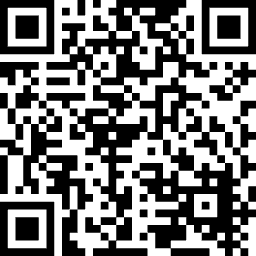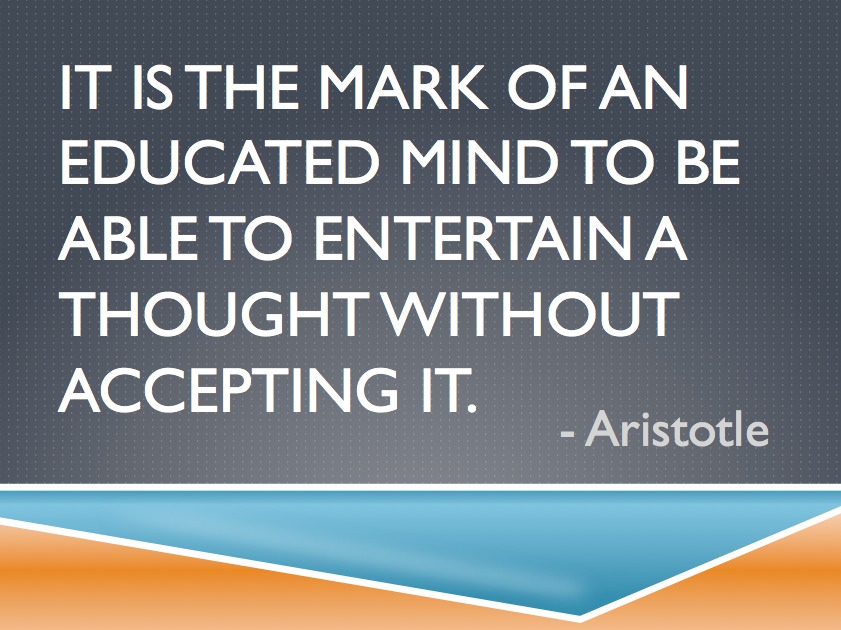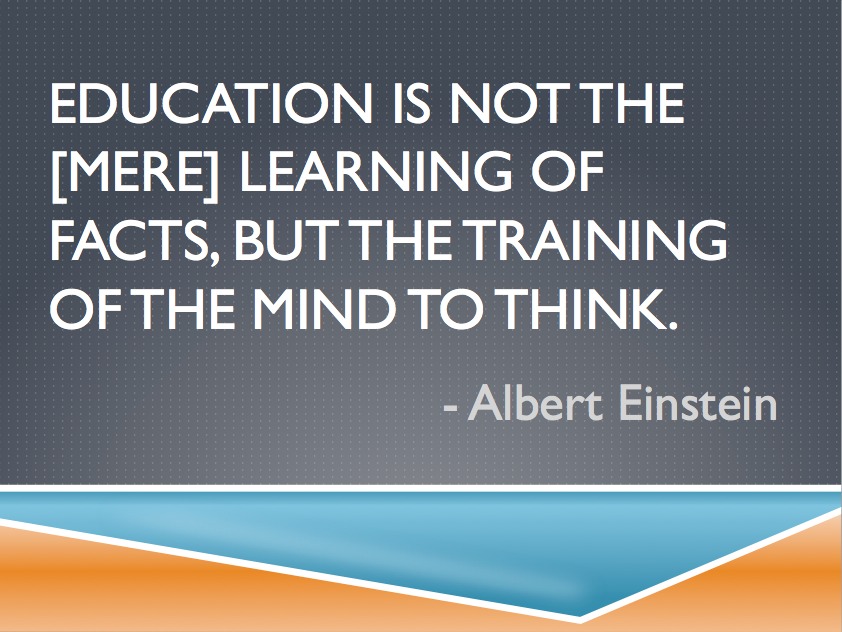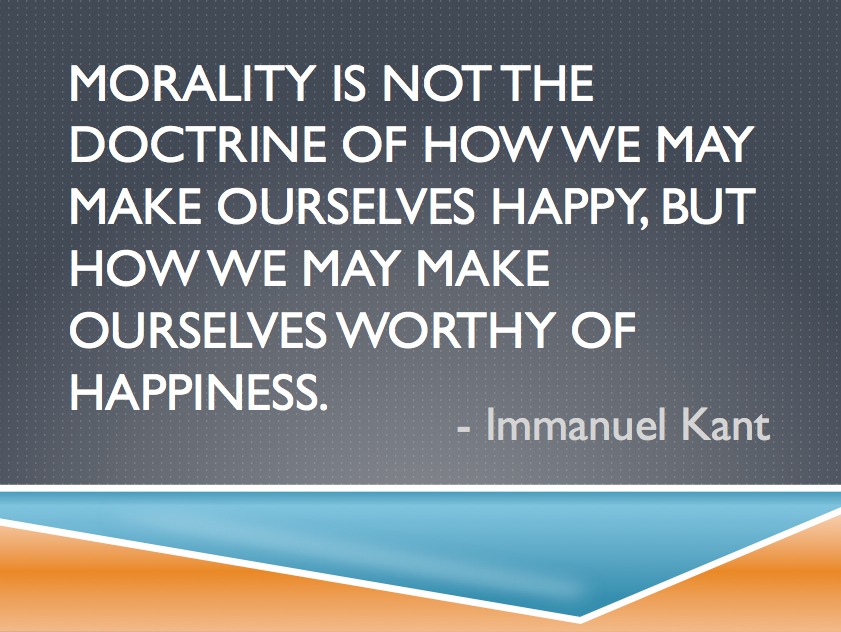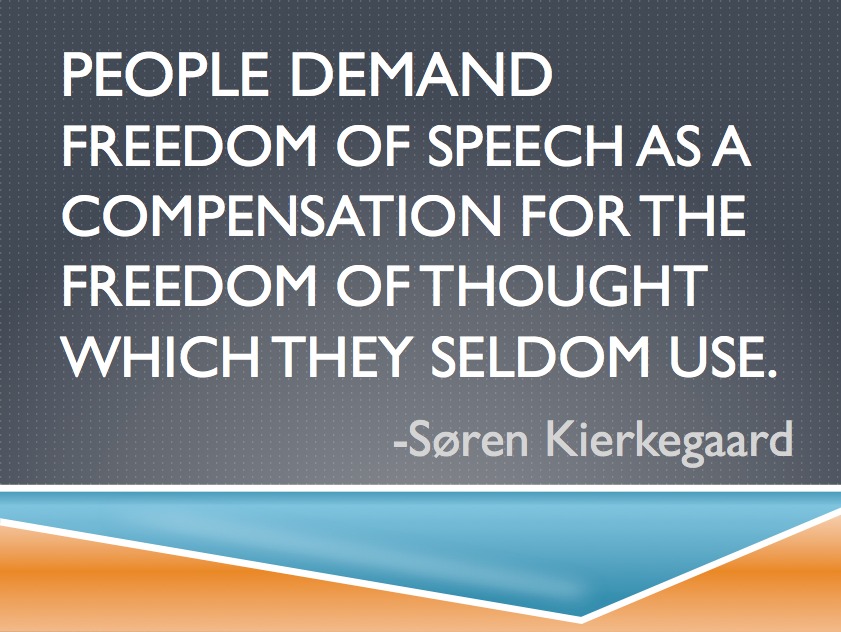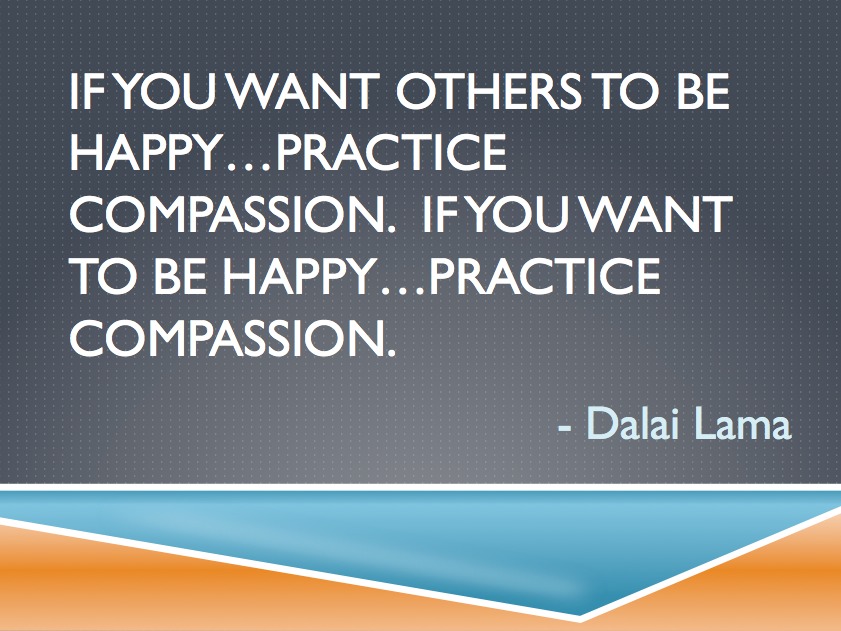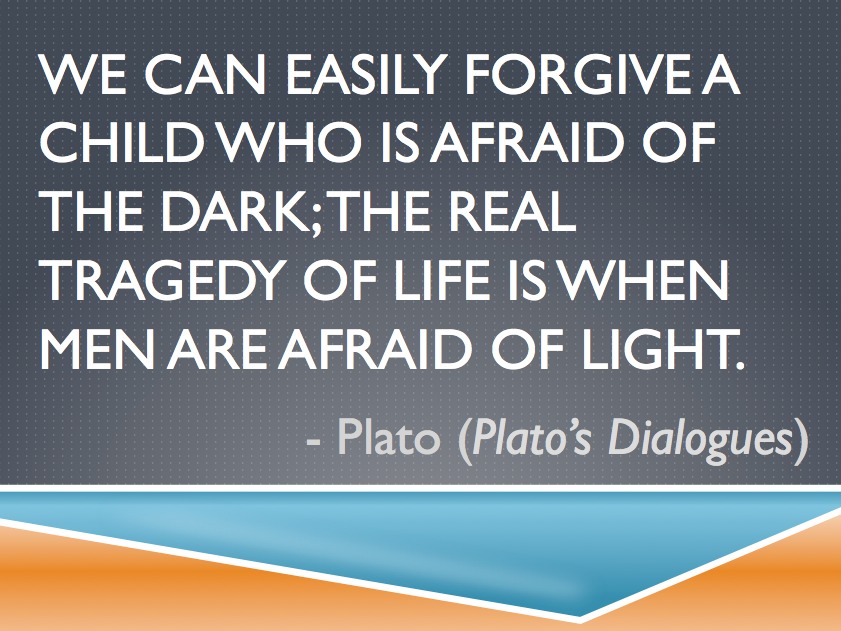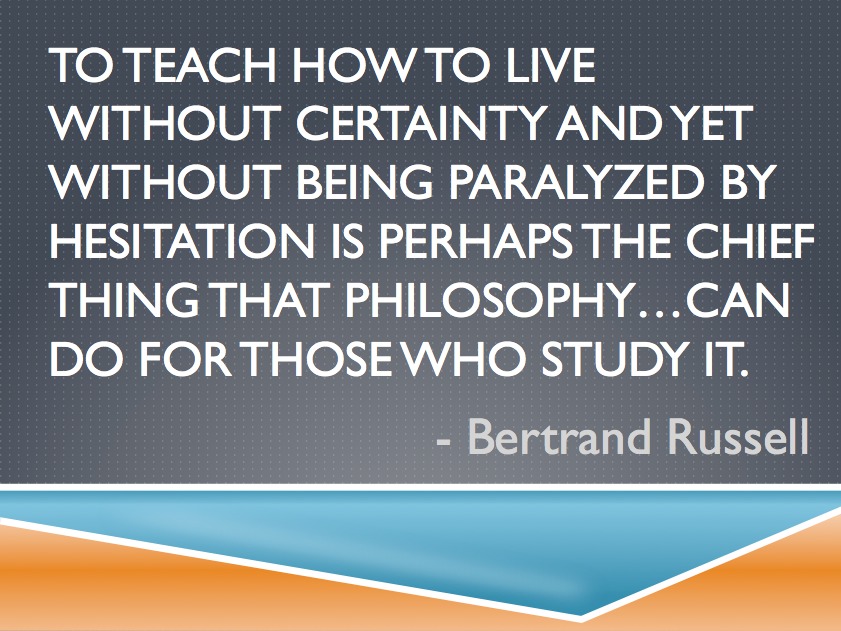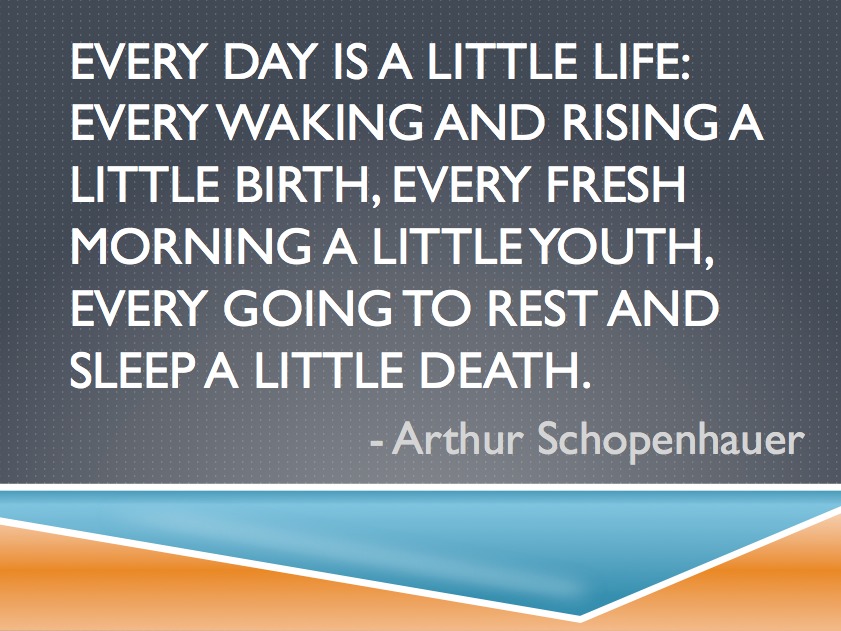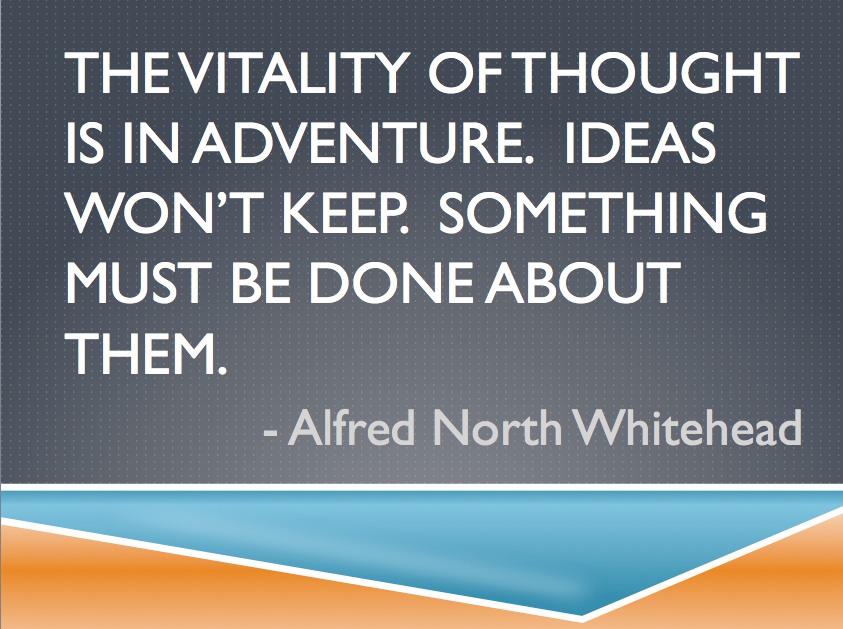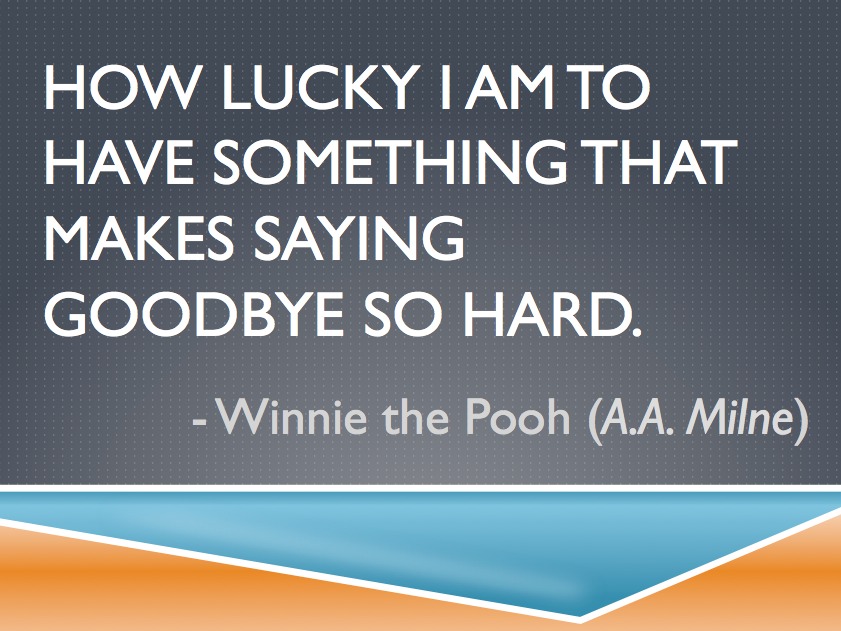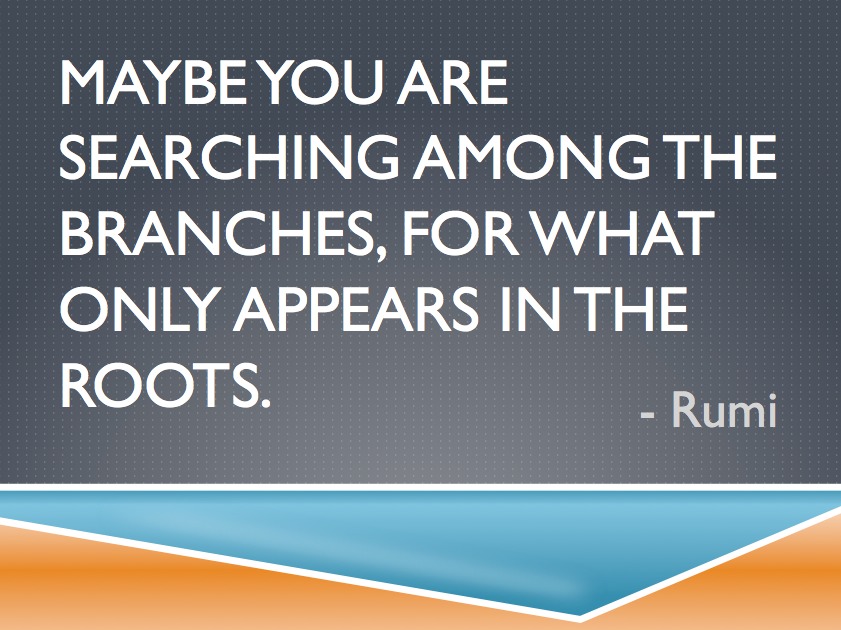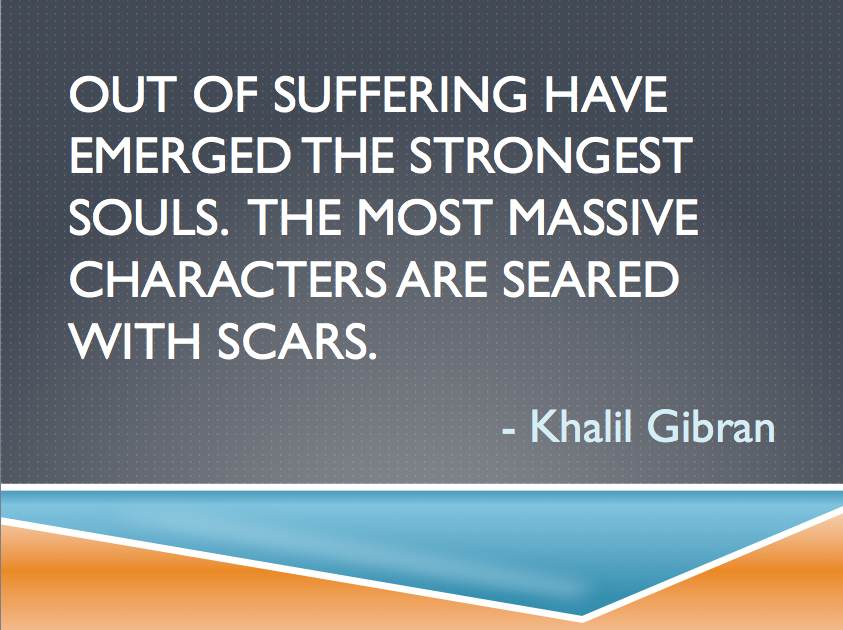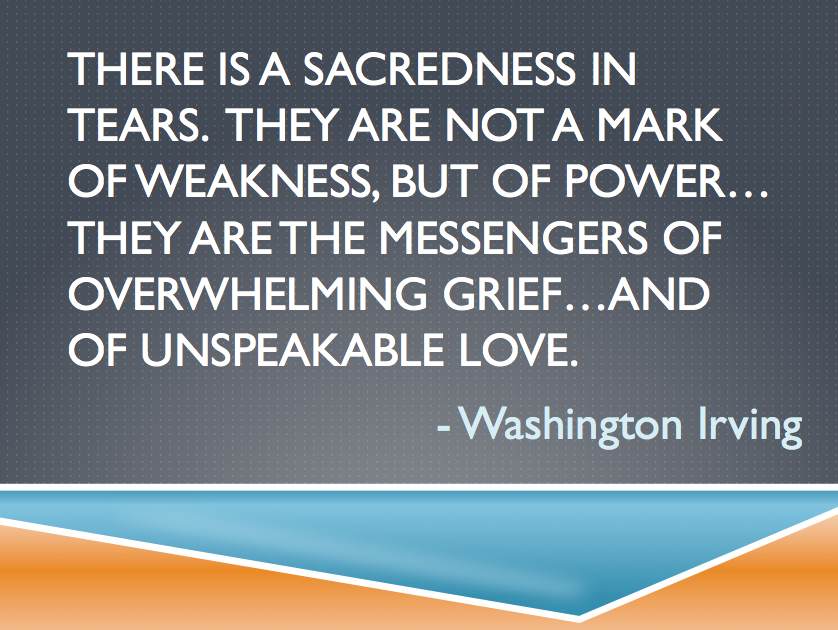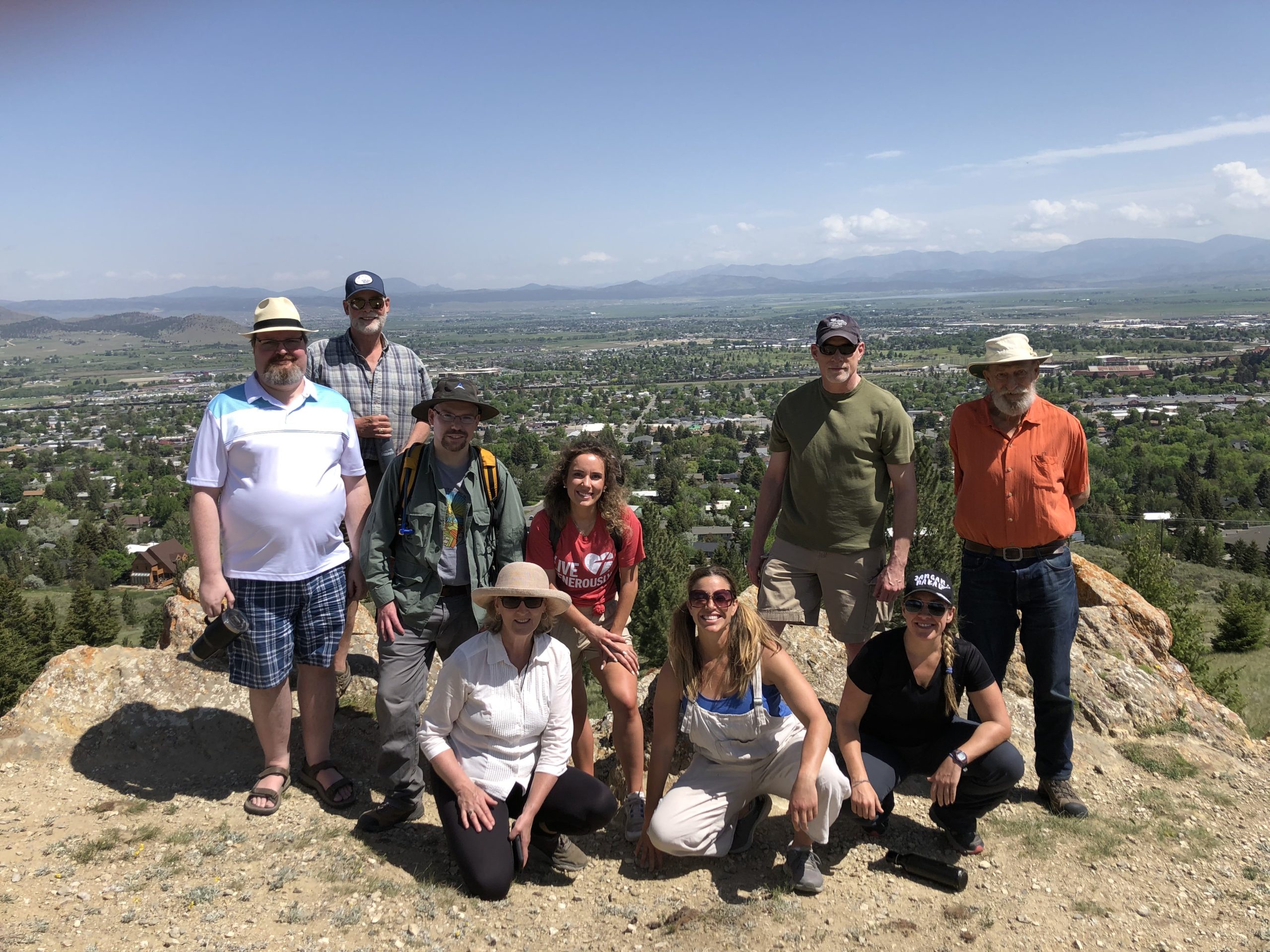
No matter what we do with our lives—in our family life, our career, our hobbies and passions—very few people want to settle for mediocrity. So what does it mean for us to strive for excellence in our own lives, and to appreciate the excellence of others?
In this walk, we explored this very question. In the first two stops, we thought about the elements of excellence in particular areas of human endeavor, from the arts and athletics, to craft and the skilled trades. We also considered the role of risk-taking, failure, and standards of perfection, when we judge someone or something to be excellent. We thought about the ways that technology can help us in our pursuit of excellence, and how it might sometimes get in the way. And we considered some notions that are adjacent to being excellent, like being a master (a master craftsman, a master musician) or a star (a star athlete, a star pupil).
As we meandered through all these different aspects of excellence, in all these different areas of life, we asked, “What bigger picture, of excellence in general, emerges out of all these?”
Then in the final stop, we stepped back to consider the pursuit of excellence, not just in special domains like basketball or jazz, but in human life as a whole. What do the lessons we’ve learned about excellence in these smaller domains teach us about a life well-lived?
Audio Recordings
Stop 1
Stop 2
Stop 3
Photos












Resources
Walk Readings & Resources
David Pye presents the distinction between the “workmanship of risk” and the “workmanship of certainty” in The Nature and Art of Workmanship (originally published in 1968, and still in print!).
University of Montana Professor Albert Borgmann offers the distinction between “things” and “devices” in Technology and the Character of Contemporary Life (1984). Some of Borgmann’s later chapters offer important reflections, which did not make it into our walk, on the sorts of practices which do (and do not) orient our lives by revealing something of value.
Matthew B. Crawford considers the difference between seeing the excellence of an actual individual, and positing the worth of an imagined stranger, in the later sections of Shop Class as Soulcraft (2009). While he rarely mentions him by name, there’s quite a lot in Crawford’s analysis that would be very familiar to Aristotle.
In all these cases, each author has a larger project, which intersects only in part with the themes of the walk—and so, exploring those larger contexts may offer additional insights into the ideas raised in our discussions. Particularly in the first two cases (since they’re older), paying attention to the assumptions and worries that haven’t aged well might offer some useful perspective on our own, very present-centered concerns: which parts of our conversation would still be relevant and relatable to someone 50 years from now?
About Our Walk Leader
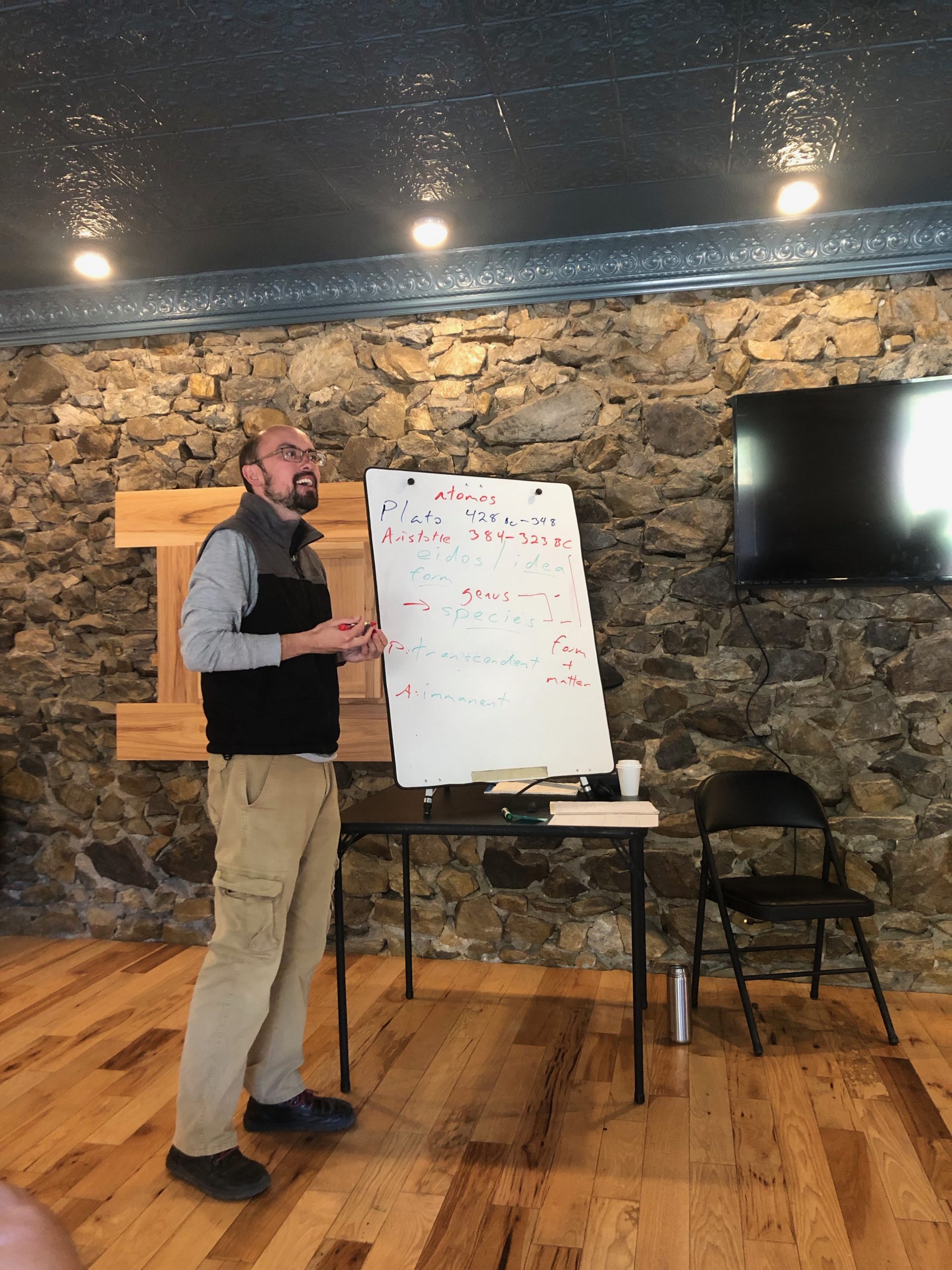
David Nowakowski is as a philosopher and educator in the Helena area whose professional work is dedicated to helping people of all ages and backgrounds access, understand, and apply the traditions of ancient philosophy to their own lives. David began studying ancient philosophies and classical languages in 2001, and has continued ever since. A scholar of the philosophical traditions of the ancient Mediterranean (Greece, Rome, and North Africa) and of the Indian subcontinent, reading Sanskrit, Latin, and classical Greek, he earned his Ph.D. in philosophy from Princeton University in 2014. His work has appeared in a variety of scholarly journals, including Philosophy East & West, Asian Philosophy, and the Journal of Indian Philosophy; as well as in presentations to academic audiences at Harvard, Columbia University, the University of Toronto, Yale-NUS College in Singapore, and elsewhere. After half a decade teaching at liberal arts colleges in the northeast, David chose to leave the academy in order to focus his energies on the transformative value of these ancient philosophical and spiritual traditions in his own life and practice, and on building new systems of education and community learning that will make this rich heritage alive and available to others.
Thank You’s
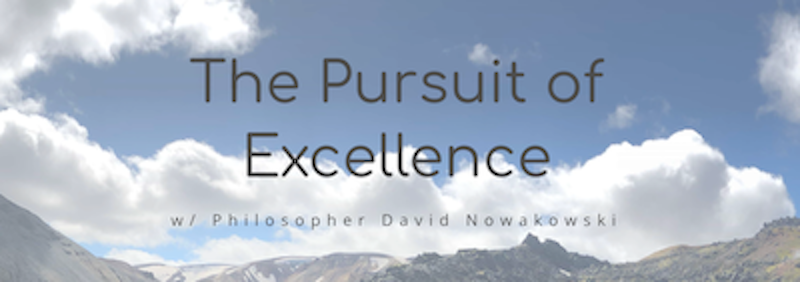
Thank you to our generous community donors for helping to philosophy in the community programs like these possible, to our walk guide — David — for leading us through our discussions, and to our delightful walk participants who generated great questions and insights. Thank you also to Ross P. Nelson for your help with audio editing.





